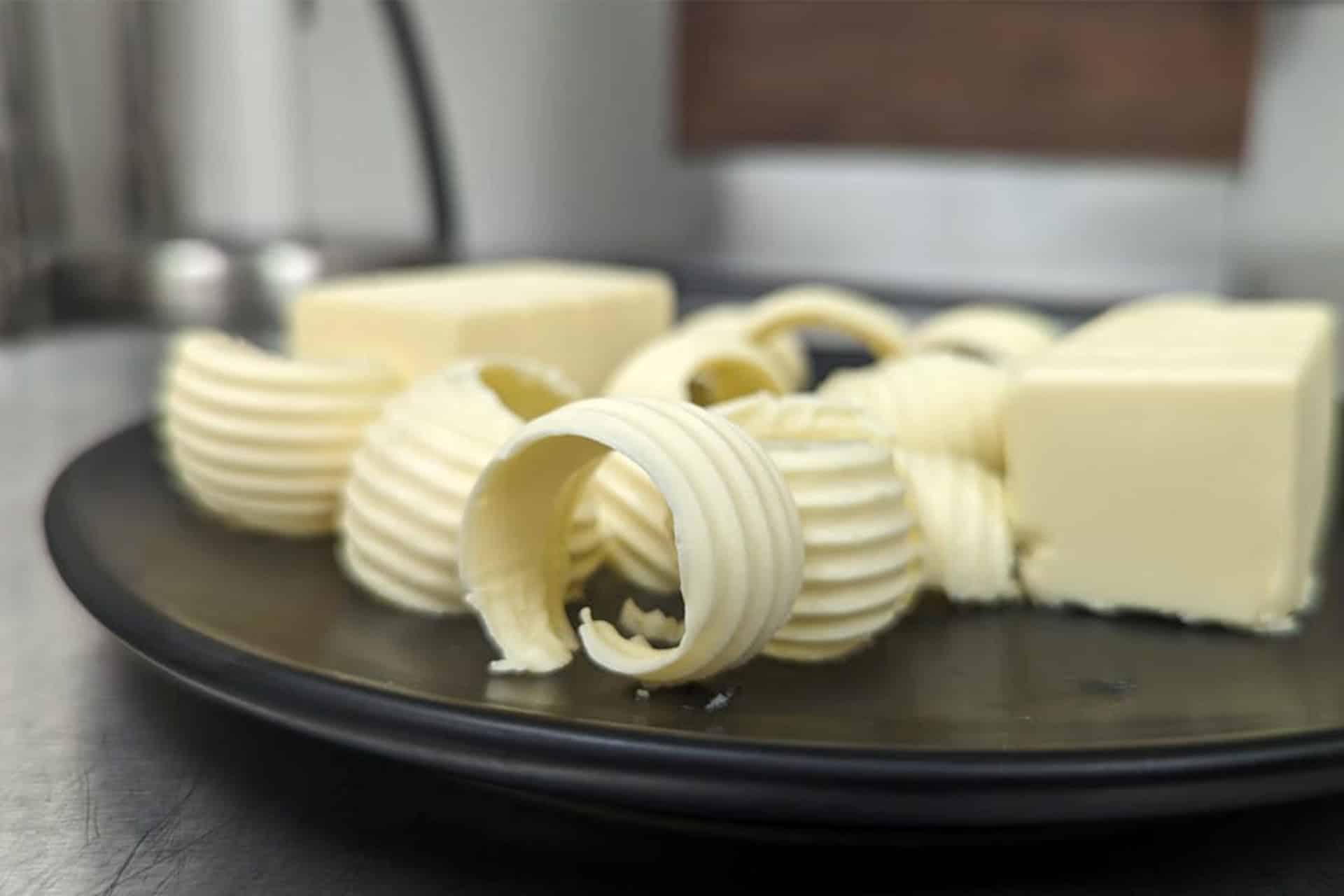A California-based startup called Savor has figured out a unique way to make a butter alternative that doesn’t involve livestock, plants, or even displacing land. Their butter is produced from synthetic fat made using carbon dioxide and hydrogen, and the best part is —- it tastes just like regular butter.
CarbonCure does not build plants, it licenses its technology to concrete producers
Fucking assholes. Just license it openly if you actually want to help the world
Gates never cared about saving anyone. Only cares about making cash of them. Saving lifes is a biproduct, not the intent.
If crushing babies with a ball-peen hammer made more he would.
He invented a great story about himself though.
And who will pay their rent, you?
Bill Gates
Right… it’s currently unrealistic in the real world.
Poor billionaire
Your sarcasm completely misses my point. Maybe being positive and open-minded instead would help make Lemmy a better place.
Food and shelter are cheap. they don’t do this to feed and house themselves, they do this for greed.
If they want to profit of it, make the plants and sell the goods. But keep the info open.
Why assume you know their motivation?
Seems likely to me if they offered their research for free they’d get crushed by some sociopath international corporation using it against them.
Foss is literally the antidote to that
You know that anything with synthetic carbon sequestration (sucking out of the air, saving somewhere) is likely to need tons of energy?
Plants are already fine at what they do.
We just need a way to use them better:
- mix cultures
- use the leftover plant matter to grow soil
I.e. also no Biofuels
deleted by creator
https://undergroundforest.nl/wp-content/uploads/2023/09/HogendoornHeien.mp4
Lol wtf what people do to get this stuff out of the air…
Yeah, use it as an industrial lubricant or turn it into soap. We don’t need to eat that. Let’s not eat that.
Reducing dairy production will reduce methane emissions.
You can do that with normal margarine
I’m not eating it.
“I’ve tasted Savor’s products, and I couldn’t believe I wasn’t eating real butter. It tastes really good—like the real thing, because chemically it is.” Bill Gates recently wrote in his blog post.
Comments like yours have a real “I will not eat those CHEMICALS” vibe to it. People like you are a bit hilarious seeing as it’s all chemicals.
I’m a little sceptical because of the hard margarine fiasco. If this is truly chemically identical, then great, that’s an impressive feat.
Awesome
The annoying part of this for me is that Gates’ name needs to be dropped in, presumably to get attention. But so it goes.
It’s interesting to see that the concept of butter in the comments seems to be a significant trigger for a bunch of people (in the /c/science posting of this article). This is another level to the problem.
But the main problem which no one seems to have commented on (maybe because it is mentioned at the end of the article) is, like many animal product substitutes, production cost and scaling.
Animal products are so embedded and subsidised (and/or at least true externized costs ignored), and politically connected, potential eco-friendly alternatives like this have a really extra hard time getting off the ground even if I could one day be cheaper.





